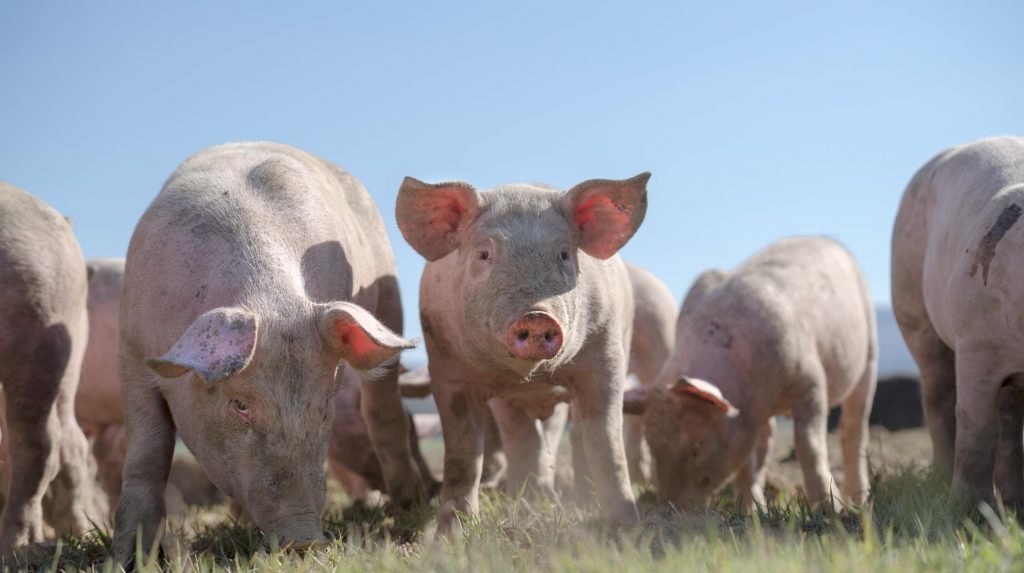This study focuses on the process of domestication, where animals are brought under human control and selectively bred for traits that are beneficial to humans, such as faster growth, improved meat quality, and increased reproductive output. This process has led to significant changes in the animals' behavior, physical form, and physiological functions. While breeding for desirable traits has benefited humans, it has also resulted in health issues in domesticated animals, such as reduced reproductive capacity and other health complications. The study compares gene expression in domesticated animals (pigs and chickens) with their wild counterparts (wild boars and red junglefowl). It finds that certain genes are expressed more in domesticated animals, while others are expressed more in wild animals. The article is closely related to genetics as it explores changes in gene expression due to domestication and selective breeding. By analyzing genes that are more or less active in domesticated and wild animals, this study provides insights into the genetic basis of traits altered by human intervention. It emphasizes the importance of genetic research in understanding and potentially minimizing the unintended effects of selective breeding.

Hiroshima University. (2024, August 2). Genetic signatures of domestication identified in pigs, chickens. ScienceDaily. Retrieved August 3, 2024 from www.sciencedaily.com
No comments:
Post a Comment